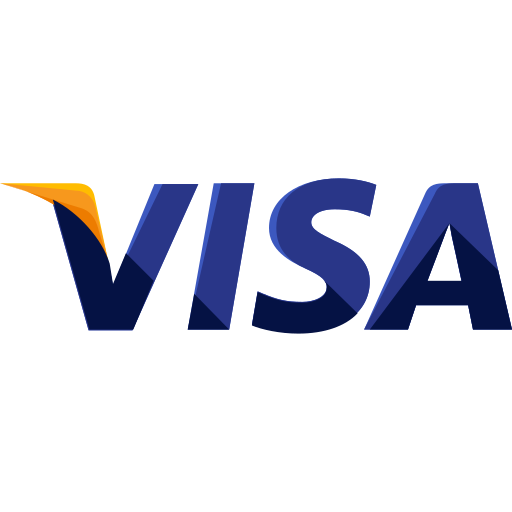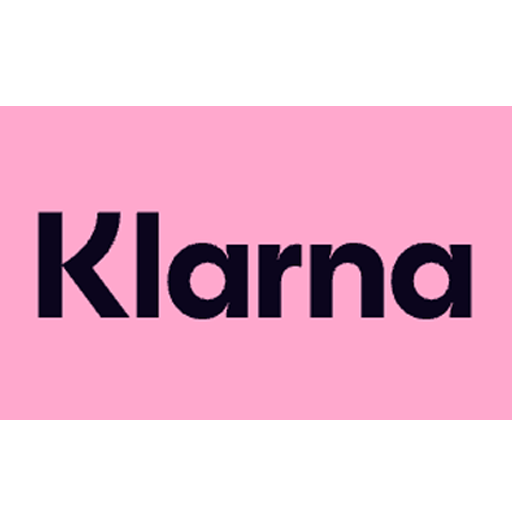
The Vagus Nerve: Bridging Body and Mind
Interoception—the ability to perceive internal bodily signals like heartbeat, breathing, and gut activity—is foundational to emotional experiences. The vagus nerve, the longest cranial nerve, acts as a critical pathway, transmitting real-time visceral states to the brain. A recent review in Biological Psychiatry highlights its central role in emotional disorders:
-
Anxiety may arise from hyper-awareness of physiological signals (e.g., racing heartbeats), fueling catastrophic thoughts.
-
Depression often involves blunted responses to bodily needs (e.g., hunger, fatigue), sapping motivation.
This research underscores a paradigm shift: emotional regulation requires not just cognitive adjustments but also attentive listening to the body.
Scientific Evidence: How the Vagus Nerve Shapes Emotional Behaviors
Key Findings from Animal Studies
-
Blocking vagal signaling reduces instinctive anxiety-like behaviors.
-
Vagus nerve stimulation (VNS) enhances fear extinction and alleviates depressive symptoms.
-
These effects correlate with neuroplasticity in brain regions like the amygdala and insular cortex.
Physiology Guides Emotional Strategy
-
Tachycardia (rapid heart rate) activates a vagus-brainstem-insula circuit, triggering anxiety-driven avoidance.
-
Hunger suppresses anxiety via gut-vagus signaling, promoting proactive foraging.
-
The brain dynamically integrates vagal signals with environmental cues to select adaptive behaviors (e.g., fight, flight, or exploration).
From Pathology to Therapy: The Clinical Promise of Vagus Nerve Interventions
Roots of Emotional Dysregulation
-
Disorders like irritable bowel syndrome (IBS) or chronic inflammation may generate aberrant vagal signals, exacerbating anxiety/depression.
-
Chronic stress can hypersensitize the vagus nerve, trapping individuals in maladaptive feedback loops.
Innovative Pathways for Treatment
-
Vagus Nerve Stimulation (VNS): FDA-approved for treatment-resistant depression, using implanted devices to modulate neural activity.
-
Transcutaneous VNS (tVNS): Non-invasive stimulation via the ear or neck, showing promise for anxiety, insomnia, and chronic pain.
-
Future Directions: Targeting specific vagal subtypes (e.g., liver- vs. stomach-projecting neurons) and integrating therapies like cognitive-behavioral training (CBT) or interoceptive mindfulness for personalized care.
Theoretical Insight: Predictive Coding and Emotional Resilience
The study frames vagus nerve dysfunction within Predictive Coding Theory:
-
Emotional disorders may stem from the brain’s failure to update its “interoceptive model”—when actual bodily signals (e.g., heart rate) clash with expectations, unrelenting prediction errors fuel anxiety or emotional numbness.
-
Combining VNS with mind-body practices (e.g., guided body scans) could help recalibrate these models, restoring emotional flexibility.
ZenWell’s Vision: Harnessing the Body’s Wisdom
The science of the vagus nerve reaffirms an ancient truth: mind and body are inseparable. At ZenWell, we bridge cutting-edge research with actionable tools:
-
tVNS Technology: Safely modulate vagal tone through non-invasive stimulation.
-
Interoceptive Training: Cultivate compassionate awareness of bodily signals.
-
Holistic Solutions: Integrate physiological and psychological approaches for chronic stress and emotional imbalance.
As the review concludes: “Emotional resilience begins with listening to the body.” We invite you to rediscover your innate capacity for healing.
Reference: Krieger J.-P. & Skibicka K.P. (2025). From Physiology to Psychiatry: Key role of vagal interoceptive pathways in emotional control. Biological Psychiatry. DOI: 10.1016/j.biopsych.2025.04.012

















